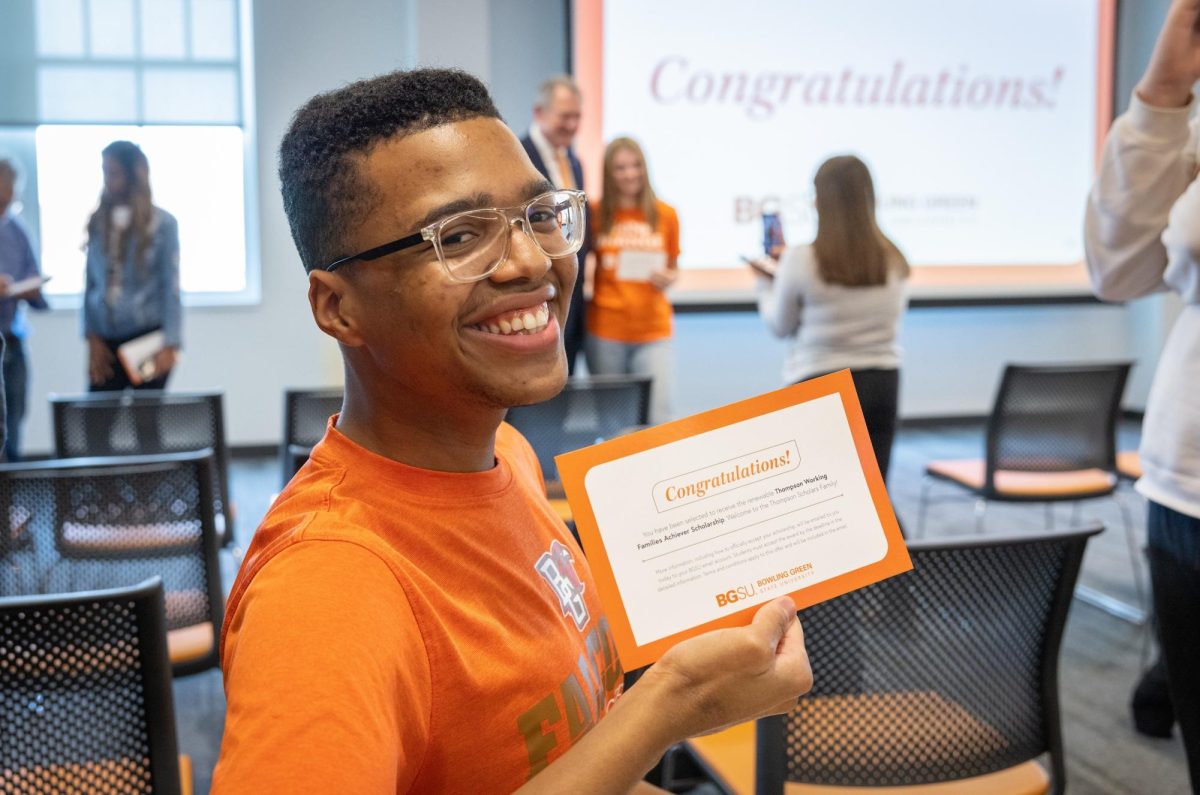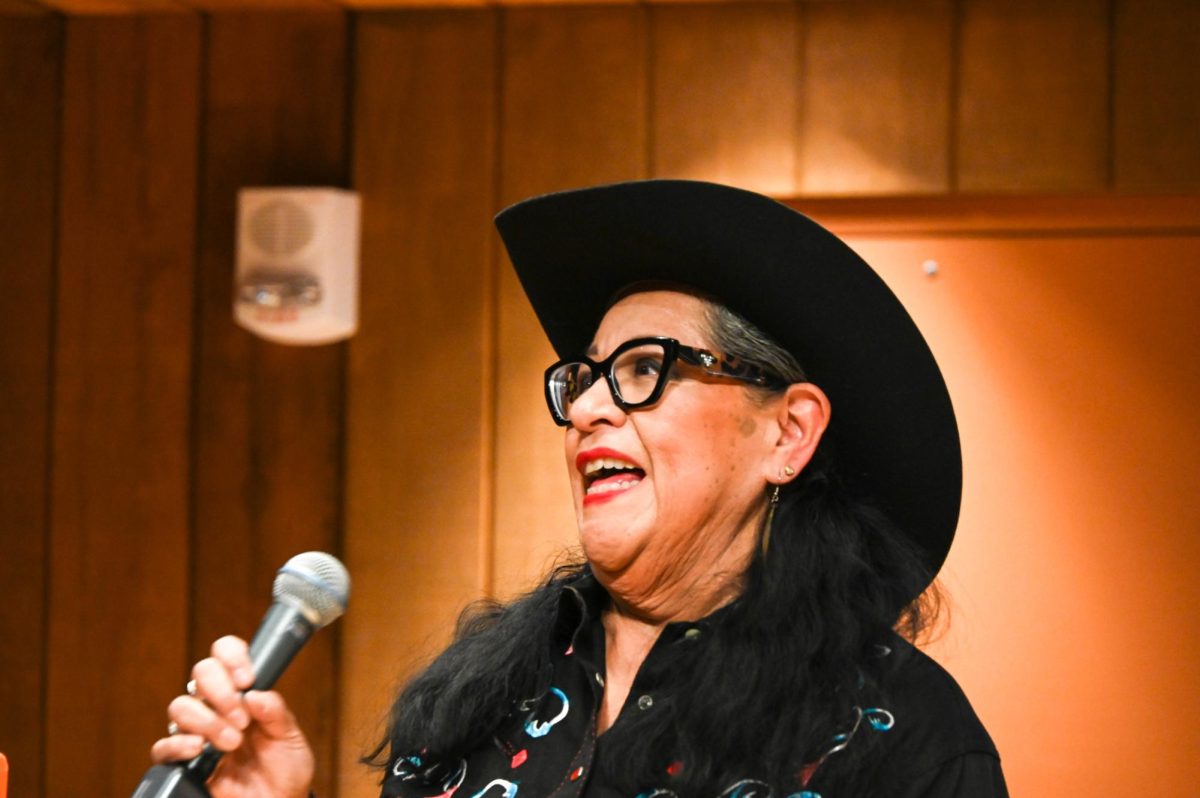Instead of taking the time in class to fill out teacher evaluations, students will soon be able to complete the forms online.
A new software is available to the different colleges to allow them to do online teacher evaluations through Canvas.
Sheri Kellogg, director of applications with Internet Technology Services, said the plan is to be 100 percent migrated from Blackboard to Canvas by the end of 2013. Blackboard had an evaluation option on it, which is why the office made one for Canvas.
“Going to Canvas, we needed to have replacement tools,” she said.
One of the reasons the evaluations are transitioning to online is to use less paper.
“We have the green initiative and our goal is to be online as much as we can, and we found a tool that we think meets everybody’s needs,” Kellogg said.
Each college can decide if and when they want to implement the new evaluations.
“We are sending an invitation out to everybody, and it is their choice what they want to do,” said Don Schumacher, a programmer and analyst for ITS.
One of goal of putting the evaluations online is to reduce the cost produced by the printing.
There was a test run of the program during the second session of summer classes.
“The pilot was very successful,” Kellogg said. “[Professors] felt they had more student participation.”
Freshman Rebecca Wait said the convenience of the evaluations being online is definitely a positive thing.
“It sounds more convenient, and it is less likely that they will get lost in the shuffle,” she said.
Despite the ease of the online evaluations, Wait said she would be more likely to do them in the classroom.
Sophomore Josh Cluney said that since professors will not make the evaluations mandatory, there will be less people who complete them.
“I probably won’t be doing them,” Cluney said.
There are other programs currently being used by some of the other colleges, but this will be the first centrally administered course evaluation service by ITS, Schumacher said.
One of the main concerns from professors could be the accuracy of the information.
“If only a small number [of students] respond, it doesn’t give the faculty member much confidence in what is being said,” said John Hoag, senior associate dean for the College of Business and a professor.
Hoag said even though they may get a smaller number of responses he does not think it is a good idea for professors to require the evaluations.
“If you force people to do stuff it doesn’t work out as well as you like,” he said.
Dale Klopfer, associate dean of the College of Arts and Sciences, said it uses a program where the graduate students in the psychology department have their evaluations online, but the undergraduate students still do evaluations on paper.
“Before they went online we used to have a high return rate with the graduate classes, but now it’s a lot lower,” he said.













